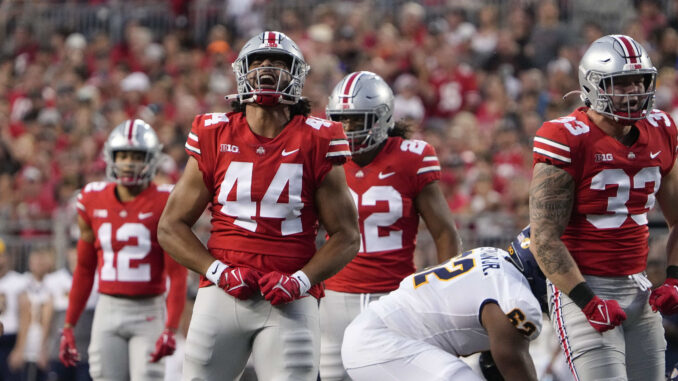
The relationship between players and their coach is critical to the success of both individuals and the team as a whole. A peaceful and positive relationship fosters an environment of trust, respect, and mutual understanding, all of which are essential for effective team dynamics, player development, and overall success in sports. The importance of maintaining a peaceful coach-player relationship goes beyond just winning games—it impacts the mental, emotional, and physical well-being of the players and contributes to long-term career sustainability.
1. Open Communication and Trust
At the core of a successful coach-player relationship is open communication. When players feel comfortable discussing concerns, challenges, and ideas with their coach, it creates a sense of transparency. A peaceful relationship encourages players to speak freely, knowing they will be heard and supported. This open dialogue leads to a stronger sense of trust, which is fundamental for effective teamwork. Trust allows players to believe in their coach’s strategies, resulting in better adherence to instructions and a more cohesive team.
2. Motivation and Confidence
A coach who nurtures a positive and peaceful relationship with players instills motivation and boosts their confidence. Players who feel respected and valued are more likely to perform to their best ability, as they know their coach has their best interests at heart. In turn, the coach can provide constructive feedback, helping players grow without diminishing their self-esteem. A peaceful environment ensures players are not overwhelmed by stress, which can occur in a tense or hostile coach-player relationship. This emotional support is essential for keeping players motivated and focused on achieving their goals.
3. Mental and Emotional Well-being
Sports can be mentally and emotionally demanding, and a peaceful coach-player relationship serves as a buffer against the pressures athletes face. Coaches who offer understanding and empathy create an atmosphere of emotional safety, helping players manage stress, anxiety, and setbacks. Players who feel supported in this way are less likely to suffer from burnout or mental fatigue, allowing them to stay committed to the sport over the long term.
4. Long-term Success and Growth
A peaceful relationship between players and coaches not only impacts immediate performance but also contributes to the athlete’s long-term development. Coaches who guide players with patience and positivity help them grow both on and off the field. By fostering mutual respect and creating a supportive environment, the coach plays a key role in shaping the player’s personal growth, improving their skills, and ensuring their professional longevity.
In conclusion, the importance of a peaceful relationship between players and coaches is immense. It enhances communication, builds trust, improves motivation and confidence, and supports mental well-being. A harmonious relationship ultimately leads to better performance, personal growth, and long-term success in the athlete’s career.
Be the first to comment